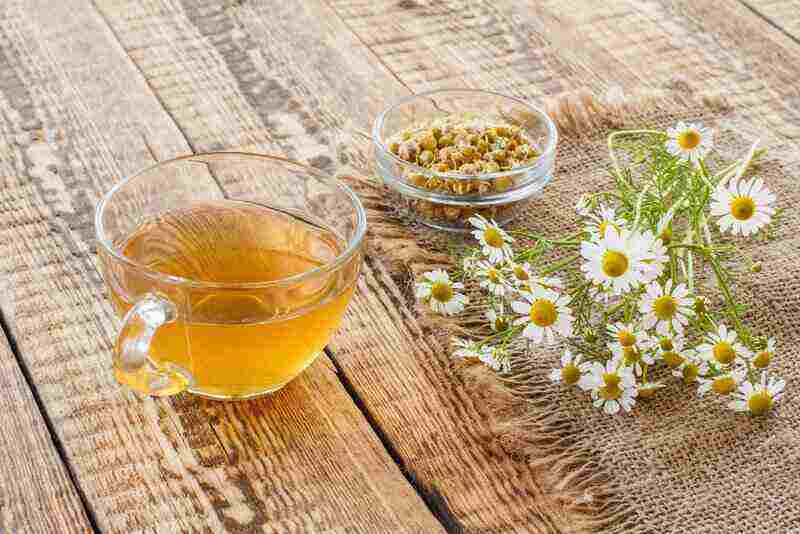
The Benefits of Herbal Medicine for Overall Health and Wellness
Posted by Jean Trujillo on 2023-02-23
There are many health benefits that can be gained from using herbal medicine. Some of the most popular include improving the digestive process, reducing pain, and increasing energy levels. In addition, there are many herbs and combinations that can be taken to improve overall wellness. While there are many legal issues that need to be considered, the benefits of taking herbal medicines are often greater than the risks.
Echinacea
Echinacea is an herb that has been used for centuries to treat various pains. It's a perennial plant that grows in North America, and it is related to the daisy family.
The herb's main active compounds are glycoproteins, alkamides, and volatile oils. These are believed to have antimicrobial, soothing, and immunostimulant properties.
Many herbalists recommend echinacea as a way to boost the immune system and combat infections. There is a lot of research to show that echinacea is safe and beneficial, but there is also some concern about its side effects.
While echinacea is considered safe for most adults, it can have some minor side effects, such as dry eyes and nausea. In addition, it may interact with some medications, so people who take immunosuppressants or are pregnant should not take it.
Chamomile
Chamomile has been used for centuries as a restorative herb. This is because it helps to alleviate symptoms of a variety of conditions. It also helps to stimulate the immune system and improve digestion. In addition, chamomile is believed to be a powerful blood thinner.
Chamomile is an excellent natural remedy for nausea. The plant contains flavonoids, which are antioxidants that have potent anti-inflammatory properties. They can also help to reduce pain associated with arthritis and injuries.
While chamomile is a safe herb, some people have experienced negative reactions. Before taking chamomile, consult with a health professional to avoid any adverse effects. As a result of its antimicrobial and anti-inflammatory properties, chamomile may also be helpful in preventing and treating digestive issues.
Turmeric
Turmeric is an antioxidant-rich spice that may help protect your body against cancer and oxidative stress. It has a history of use in traditional Ayurvedic medicine.
In addition to its antioxidant properties, turmeric has been shown to help manage cholesterol levels. This is especially beneficial for people with diabetes. Those who have high cholesterol are more likely to develop heart disease. Also, turmeric can reduce blood pressure.
It can also help reduce the risk of stroke. However, more studies are needed to find out how effectively turmeric works.
It is best to consult a health professional before starting a regimen of turmeric supplements. Talk to your doctor about any drug interactions and whether you might be at risk for blood clots. You should also be sure to monitor your blood pressure and cholesterol regularly.
Pregnancy and nursing herbs
Many women seek herbs to increase their breast milk supply. The most commonly used herbs include fenugreek, ginger, and chamomile. However, it is important to know the difference between safe and unsafe herbs. This is because some may contain harmful compounds that can harm your baby.
One of the first things you should do if you are thinking of using herbs during your pregnancy is to consult a healthcare provider. They can guide you on the right supplements. There are also some herbs that may interact with prescription medicines.
Herbal products, including herbal extracts, are generally safe during pregnancy. But some herbs can be toxic, depending on how they are prepared. In general, commercial brands in your supermarket are safe to use.
Legal aspects
It's no secret that herbal medicine has its share of complications. Some products contain mislabelled ingredients and may not be of the highest quality. In addition, consumers should be aware that there is no substitute for a doctor's knowledge about your health. If you're considering taking a supplement, ask questions about the practitioner's qualifications and training.
There are no hard and fast rules about how best to utilize herbal supplements, but some products are more beneficial than others. Herbal supplements are not required to be regulated by the FDA, and there is a loophole that allows for tainted and fake products to make their way onto the market. The FTC has been known to nab marketers of questionable products, and it's in the consumer's interest to be aware of this.